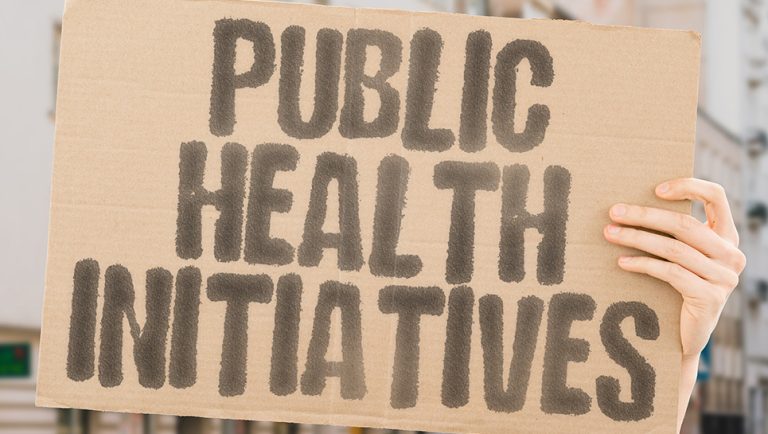
Talking About Food
Shifting our approach to food and nutrition from weight-centric to one focused on autonomy, respect, equity and social determinants of health aligns with public health values and improves our effectiveness in bettering the overall well-being of our communities and their members.






